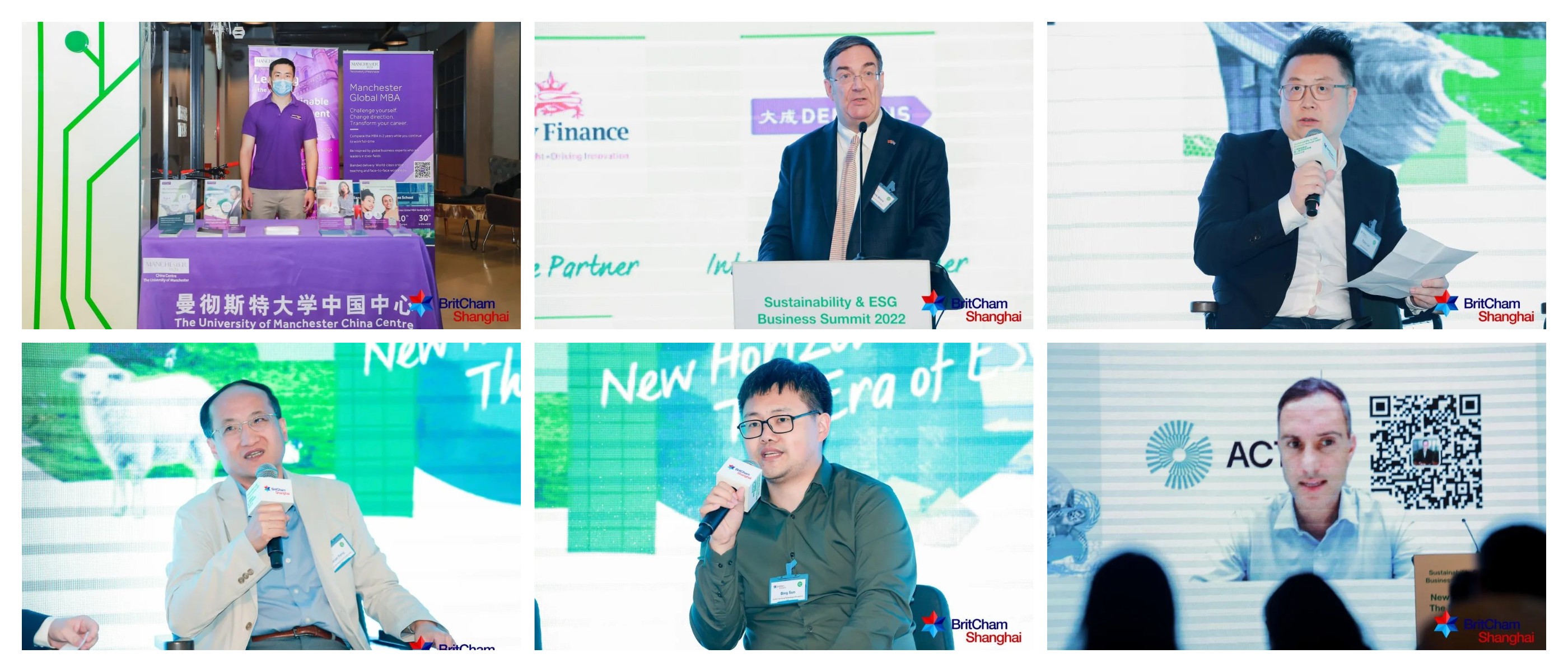菜单
日期:2022-09-09 浏览:1495作者:UoM China Centre
On 7 September 2022, the British Chamber of Commerce Shanghai (BritCham Shanghai) held its second Sustainability and ESG Business Summit, themed "New Horizons: The Era of ESG", at PwC Innovation Centre, Shanghai. The University of Manchester China Centre was invited to be the academic supporter at the summit for the second time.
British Consul-General Shanghai Chris Wood, Vice Chair of The British Chamber of Commerce Shanghai Ted Wan, Director of Environmental Resources Division, Shanghai Municipal Development & Reform Commission Jianli Guo, Lead-Partner - ESG Strategy, PwC China Steven Zhong attended and delivered speeches at the Summit. Managing Director of China Centre, the University of Manchester Ms Sherry Fu attended the Summit featured six keynote speeches and four panel discussions with nearly 30 speakers. Resident Coordinator (head of UN, China) Siddharth Chatterjee sent over video messages.
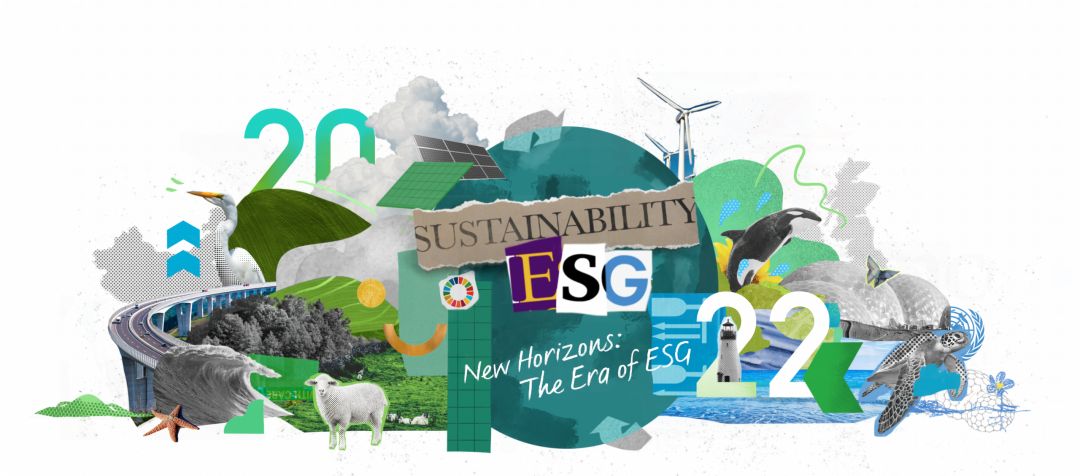
During the Summit, Ms Sherry Fu delivered a keynote speech “Net Zero Energy Future: Global Challenges, Manchester Solutions”.

Ms Sherry said in her keynote: “The University of Manchester is a world-leading research institution. It is the first UK university to have social responsibility as its strategic core goal. We were ranked No. 1 in the world last year and 9th this year, by the Times Higher Education Impact Rankings.
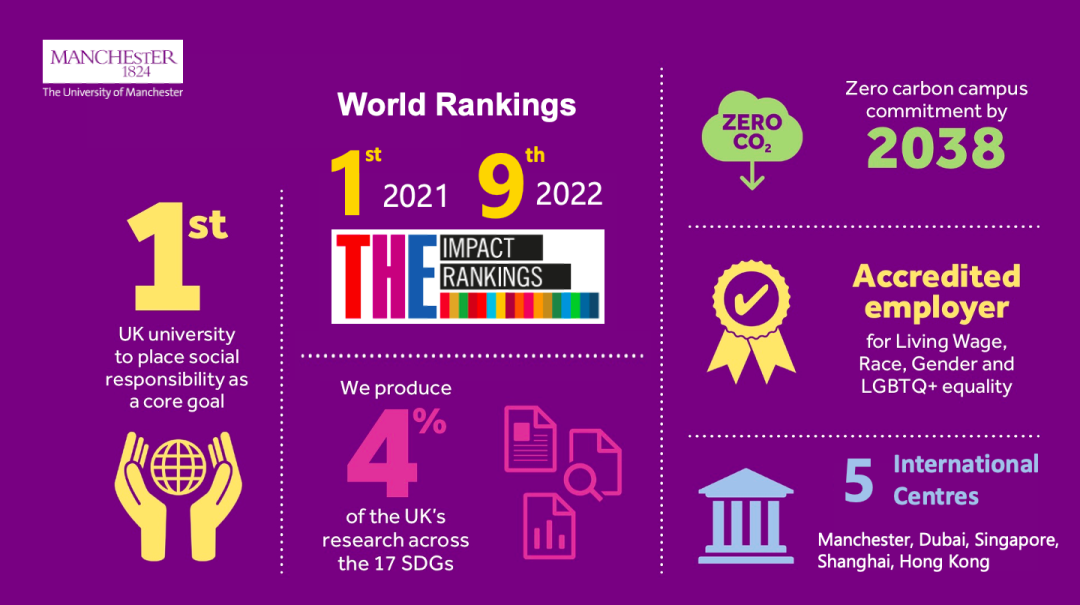
At Manchester, we believe that universities exist for public benefit. To support this, we undertake all our work against United Nations’ 17 SDGs. For example, we’ve contributed over 21,000 research publications across all 17 SDGs in the past 5 years – representing 4% of the UK’s research on the goals. And we are also committed to be a zero-carbon university by 2038. Our University is also providing an accessible education via digitalised learning and teaching facilities to our local and international communities, wherever you are in Manchester, Dubai, Singapore, Hong Kong or Shanghai.
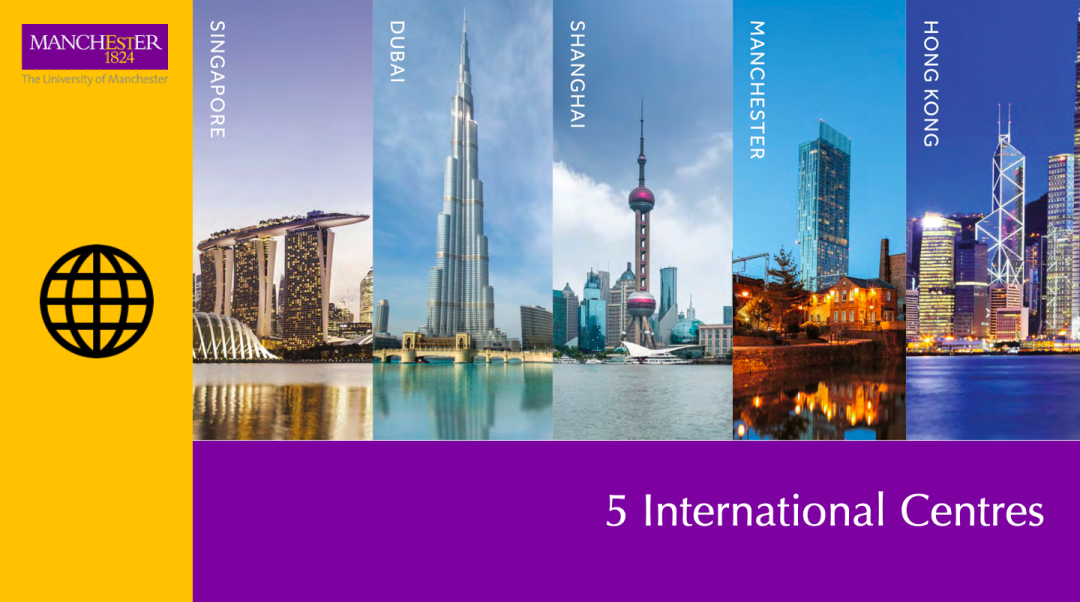
We’re a living wage accredited employer, a top-ranking institution for LGBT+ inclusivity, and we also hold quality marks for gender, disability and racial equality. Below is the main content from her keynote speech:
Energy is one of our five research beacons and we have more than 600 academics addressing sustainable energy challenges. The breadth of expertise at Manchester means we can push research boundaries and shape energy innovation. We are exploring alternative energy strategies and pioneering work in emerging renewable technologies and bridging fuels.


No.1 Nuclear
We’re at the forefront of nuclear research. Our Dalton Nuclear Institute is the UK’s largest academic centre for nuclear R&D and high-level skills development. The Institute brings together world-leading experts from across disciplines and gives them access to some of the most extensive and advanced nuclear research facilities in Europe, including the £20m Dalton Cumbrian Facility (DCF) for radiation science and nuclear engineering decommissioning research near Sellafield.
No.2 Bioenergy
At Manchester, we seek to enable the large-scale production and use of bioenergy in a sustainable manner. For example, in the Philippines, we’re looking at how rice straw that’s currently burnt as waste can instead be harnessed as an energy source. And we’re finding ways to produce fuel from sources such as algae – engineering bacterial enzymes and hacking metabolic pathways to turn carbon into commercially valuable gases such as propane.
No.3 Energy Transmission
At our National Grid Power Systems Research Centre, we have the largest high voltage laboratory of any UK university, capable of testing equipment designed for use on Great Britain’s 400kV power system.
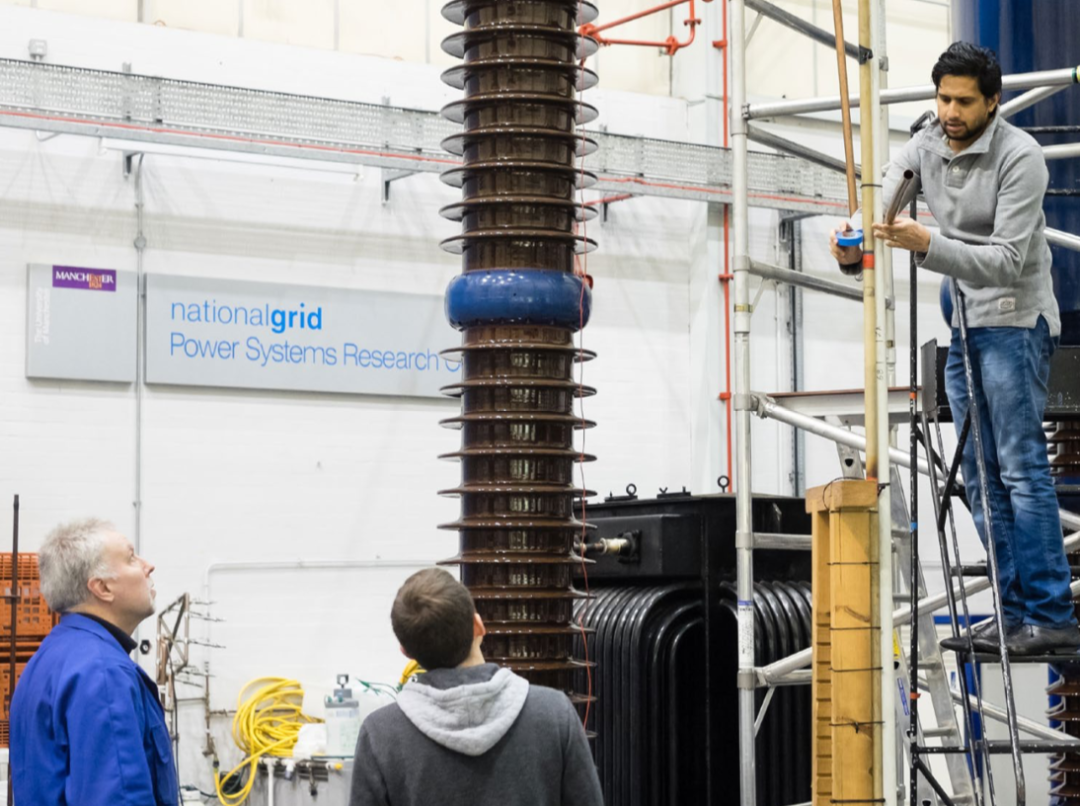
No.4 Energy Storage
One of our most exciting recent discoveries has been the role that graphene could play in a sustainable and secure energy future. Complementing its National Graphene Institute, The University of Manchester’s £60 million Graphene Engineering and Innovation Centre (GEIC) will enable industry-led development in graphene applications in partnership with academics.

The energy challenge is not just about generation, transport and storage – it’s also about how we use energy in our homes, businesses and communities. Last year, we switched our energy contract to ensure 100% of our electricity consumption is backed with REGO (Renewable Energy Guarantees of Origin) certification. This means that for every megawatt (1,000kWh) of electricity the University consumes, the equivalent volume of electricity is generated from renewable sources.
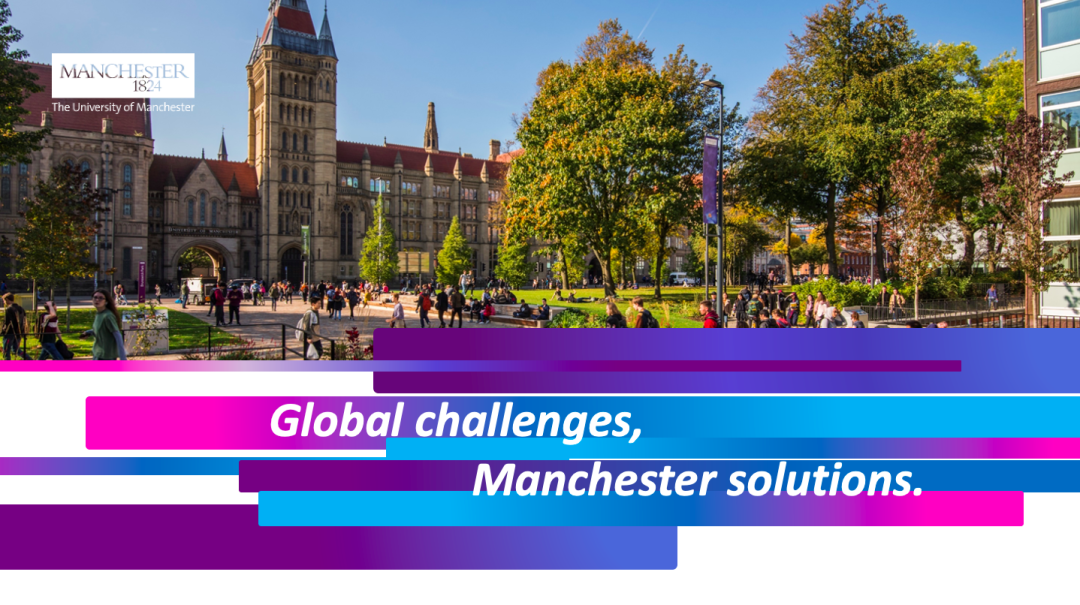
Global challenges, Manchester solution. As the top ten in the world for sustainable development, our research has a real-world impact. Our commitment to social responsibility drives us to improve lives across the planet. We have more than £80 million of ongoing energy projects, covering the entire energy journey – from generation and storage through to systems and use. With such scale and scope, there is a wide range of opportunities to work together with partners and collaborators across varied disciplines to help deliver a brighter and more sustainable world for future generations.
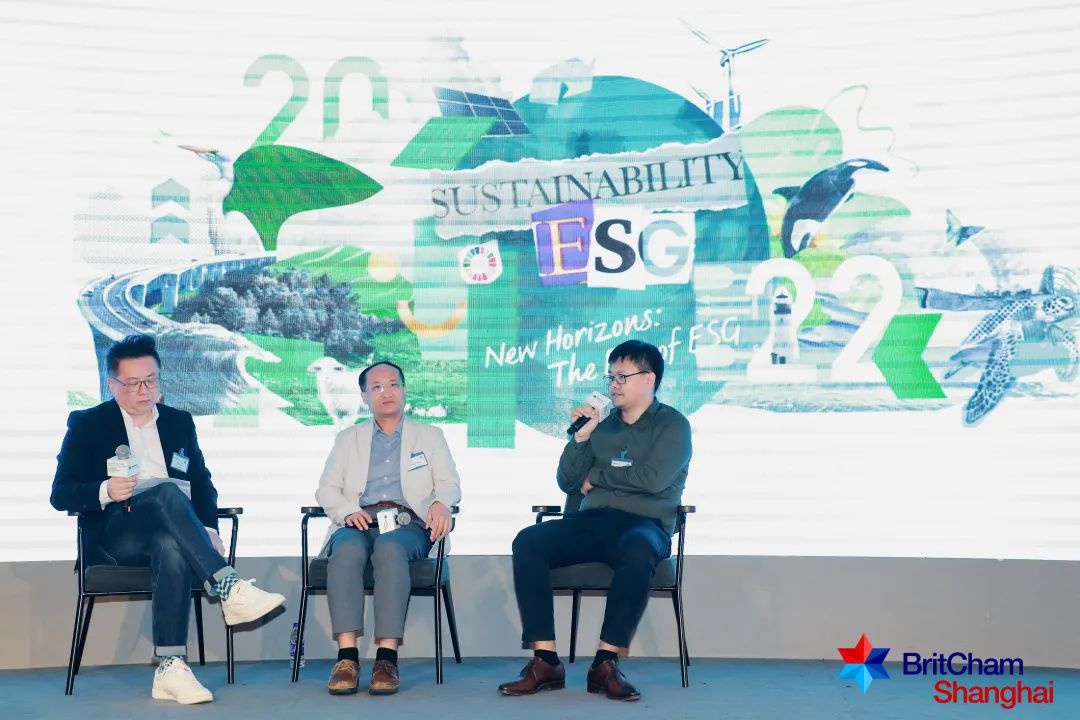
After Ms Sherry Fu’s keynote speech, four guest speakers invited by the University of Manchester delivered a panel discussion about the new energy and net zero energy future.

Four panellists shared their insights into the driving factors of the new energy policy and application in China, how companies taking action as a practitioner in response to China’s ambitious carbon peaking and neutrality goals, and what is the right quality/product/process to follow consistently with the claim.
